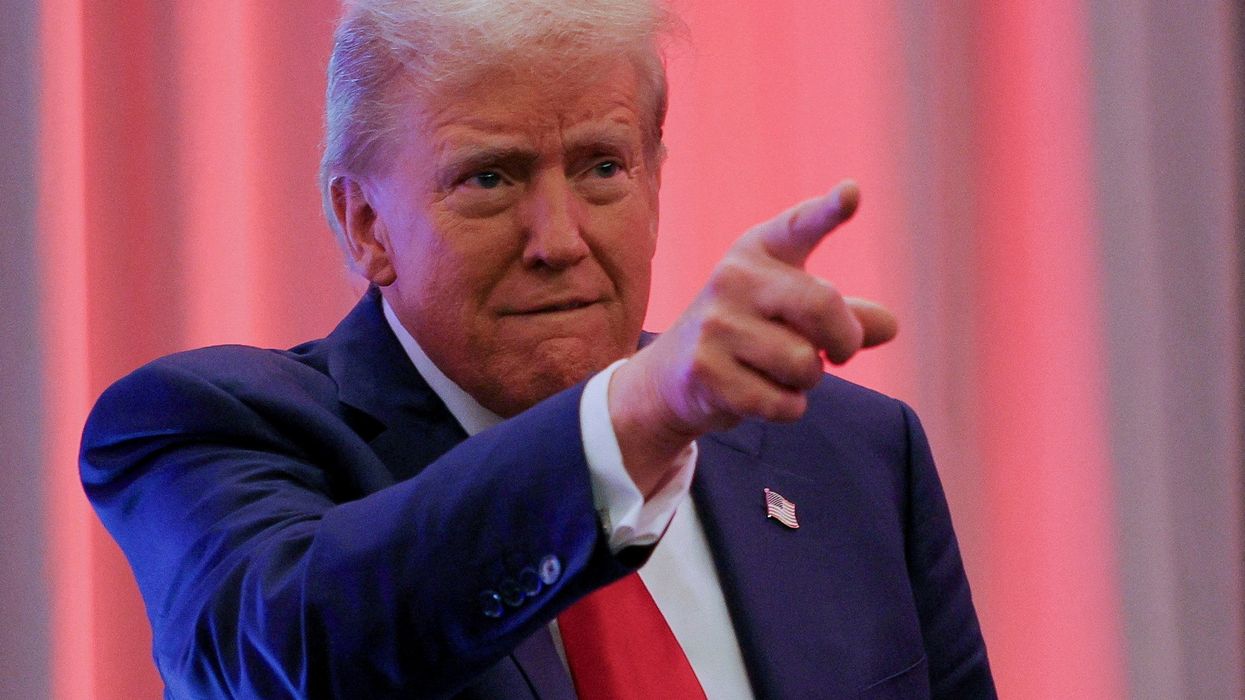A recent survey indicates that voters who backed President Donald Trump in the 2024 presidential race are more inclined to blame him — rather than the previous administration — for the current economic conditions.
According to the latest Wall Street Journal/YouGov poll released Wednesday, 46% of Trump supporters attribute the state of the economy to Trump himself, while 34% hold former President Joe Biden responsible. Thirteen percent remain uncertain, and 8% did not attribute blame to either side.
75% of those who supported former Vice President Kamala Harris in the 2024 election believe Trump is to blame for the economic situation. Only 14% point to Biden.
READ MORE: 'Takes drugs all the time': Trump biographer says president planted report to destroy political rival
Another 6% are unsure, and 6% say neither leader is at fault, the poll found.
In a previous survey conducted by The Economist/YouGov in May, 55% of Trump voters were more likely to attribute the state of the economy to Biden, while only 32% thought Trump was responsible.
Meanwhile, financial markets have faced greater turbulence during Trump's second term compared to his first.
In early April, markets reacted sharply to the announcement of steep "reciprocal" tariffs, falling initially and then recovering after many of the measures were put on hold.
READ MORE: The real reason behind Trump's conspiracy theories
Despite the temporary pause, investors remain concerned that the implementation of tariffs — regardless of their final structure —could drive up inflation and slow economic growth.
Analysts note that signs of economic strain are beginning to emerge: retail sales are softening, housing starts have fallen to their lowest level since mid-2020, and stricter immigration policies are contributing to a tightening labor supply.


